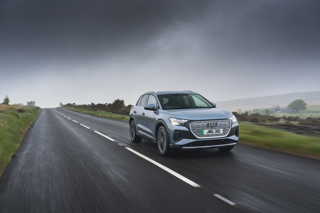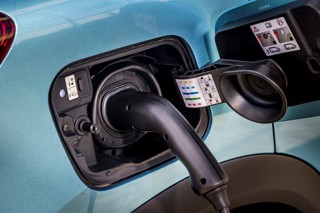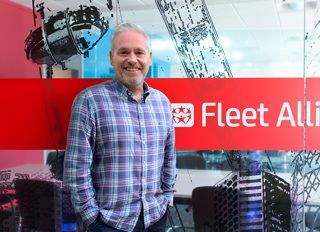The Electric Car Scheme has launched in the UK as a new salary sacrifice provider offering electric vehicles (EVs).
The scheme offers full protection to the company covering all cars. If employees leave, whether through redundancy, dismissal, taking a new role, long term sickness or parental leave, they are protected. The Electric Car Scheme claims this is unique, altough other leasing providers offer similar types of protection to companies.
Once a company signs up to the service, The Electric Car Scheme helps employees select and order the best car for them. The company is also supported throughout, with payroll, admin and finance support offered by The Electric Car Scheme.
Co-Founder and CEO of the new business, Thom Groot, said: “More than 80% of employees in the UK want their next car to be an electric car, and The Electric Car Scheme now makes this affordable through salary sacrifice.
“We’ve designed this with both the employer and employee in mind, so staff can drive new, electric cars at a 30-60% discount without creating a net cost or risk for their company.”
Employees can save between 30-60% on an electric car, via the scheme. A full range of electric cars are available, across lease providers.
A Volkswagen Up! could cost from £150 per month, or an employee could drive a Tesla Model 3 from £350 per month.
It is believed that companies could switch to using salary sacrifice to fund their car fleets instead of traditional funding methods, if the current salary sacrifice rules and low levels of benefit-in-kind taxation stay in place.
Harvey Perkins, co-founder of HRUX, told a recent Fleet 200 Executive Club meeting that organisations are increasingly looking to use the funding method beyond being the staff benefit it has historically been.
“Increasingly, we’re seeing businesses say they will put all company car drivers in cash allowances, and then allow them back into the car scheme, but only through the salary sacrifice route,” he said.
“The big advantage of that is that the amount of the salary sacrificed is genuinely what you think that car is going to cost you for the mileage and term that the employee wants to do, whereas with a company car on a contract hire basis, there's always a degree of blank cheque.”
Low tax rates and the security of a five-year roadmap on future charges have seen the BIK regime become the single biggest driver of zero emission vehicle uptake in the UK.
It has driven a surge in decarbonisation within the company car and salary sacrifice markets, where BEVs already make up 8% and 22% of the total fleet, respectively, according to the BVRLA.
New BEV volumes are much higher, suggesting these sectors have a great chance of meeting the Government’s 2030 target for phasing out sales of petrol and diesel cars.
However, the fleet industry is warning that this momentum is now at risk, with many fleets and drivers being forced to consider lease contracts for BEVs without knowing the tax they will be charged over the full duration of the agreement.





















Login to comment
Comments
No comments have been made yet.